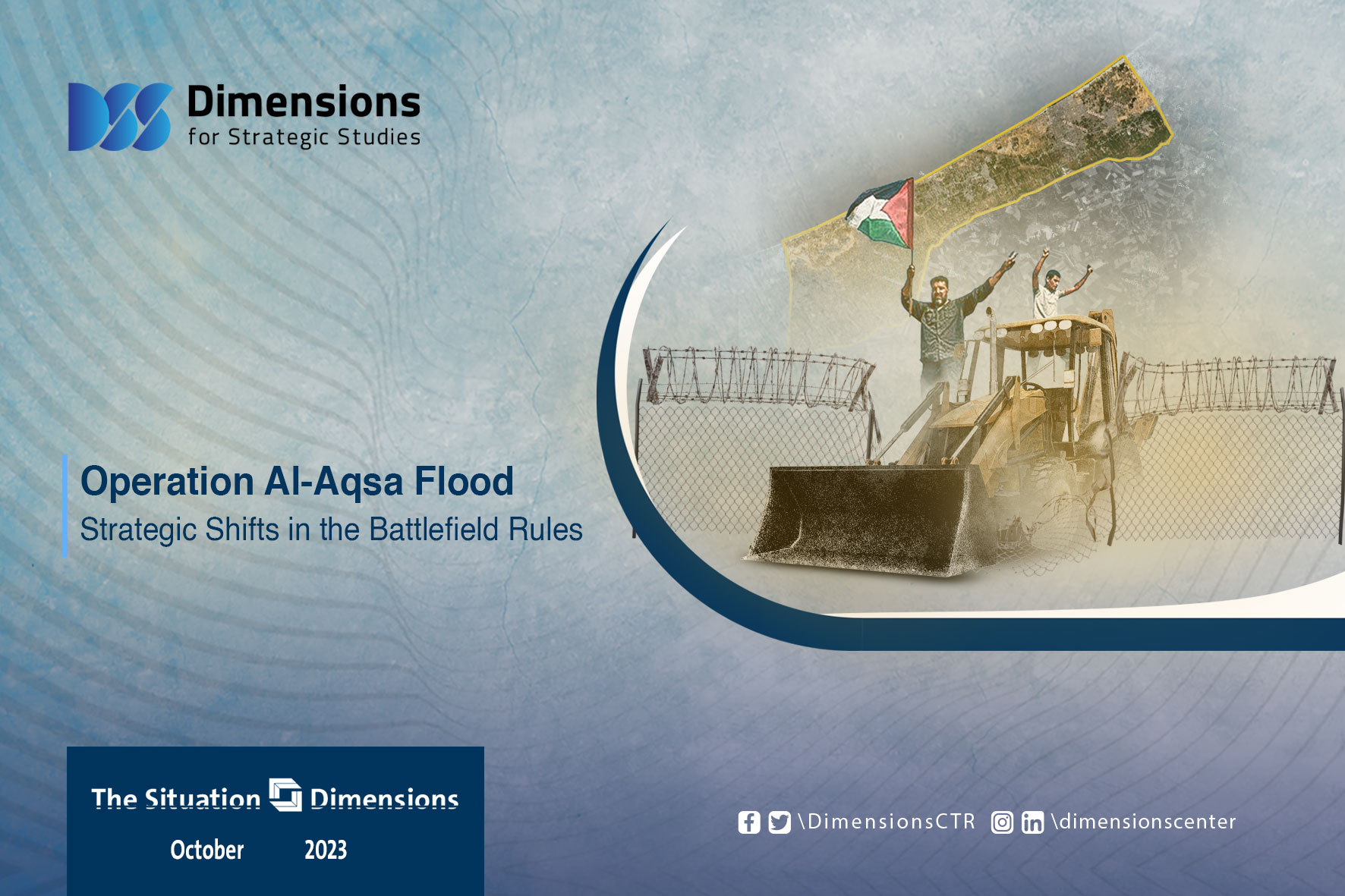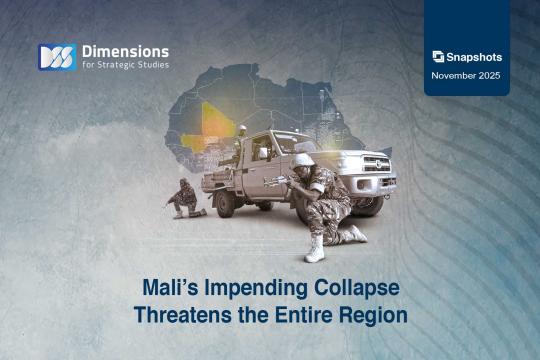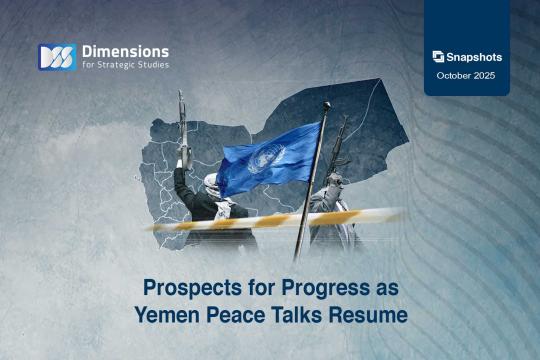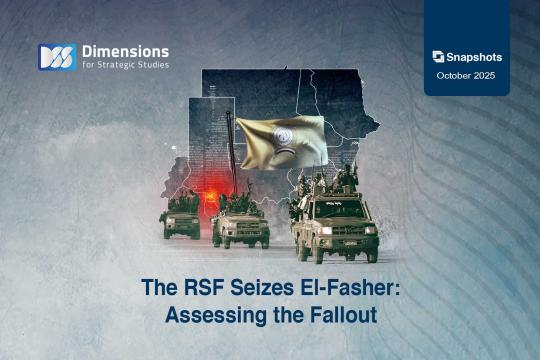
Operation Al-Aqsa Flood: Strategic Shifts in the Battlefield Rules
2023-10-092182 view
On the morning of October 7, 2023, the Al-Qassam Brigades, the armed wing of the Hamas movement, initiated a comprehensive and multifaceted attack. In the initial hours of the attack, they successfully seized control of numerous Israeli settlements and military positions, killing approximately 800 Israelis based on preliminary figures, and taking hundreds of both civilian and military hostages. As the operation progressed into its third day, the fighters from the Palestinian factions maintained control over several settlements, concurrently detaining dozens of hostages within each settlement.
The operation marked an unprecedented shift in the "Arab-Israeli" dynamic by all military standards. Israel had not faced a hostile military presence within its borders since the October War of 1973, which coincidentally, this operation commemorated its 50th anniversary. However, the direct impact of this operation vastly surpassed that of the October War. This time, the intrusion came from non-state armies, from an area presumed to be under strict surveillance and blockade, and surrounded by a wall that cost nearly a billion dollars to construct, intended to prevent such incursions.
Undoubtedly, an operation of this magnitude represents a pivotal moment in the regional scene, and possibly the international one as well, much like the incidents of September 11th or following the invasion of Kuwait.
The unfolding events reveal a sagacious analysis by the Palestinian factions of the prevailing international, regional, and local dynamics. The operation emerged in the wake of a cascade of significant international alterations: the American support for Ukraine navigating through uncharted waters subsequent to the dismissal of the U.S. Speaker of the House, Azerbaijan assertively establishing control over the Nagorno-Karabakh region through a rapid and targeted operation, and the Iranian nuclear deal entering a potentially perpetual state of suspension. This intricate geopolitical tapestry provided a backdrop against which the aforementioned military operation was astutely executed, reflecting an adroit synchronization with the global and regional geopolitical oscillations.
The upcoming few weeks will witness rugged and unprecedented negotiations among regional actors, as they attempt to perpetuate a sequence of messaging, including the targeting of the military academy in Homs just two days prior to the Gaza operation. The dialogue will likely further cement positioning stances and negotiate the configuration of the impending regional and international scenes. This intense diplomatic ballet underlines a strategic interplay where each move, meticulously calculated, aims to recalibrate the balance of power and influence amid a malleable geopolitical tableau.
The operation is likely to engage the U.S. in its current phase in bolstering its Israeli ally, seeking to restore its previous stature as the predominant regional power. This move will consequently weaken Washington's capacity to maintain pressure on Russia in Ukraine, especially since the hands of the U.S. administration now seem tied regarding the generous support it has been offering since the onset of the Russian invasion in February 2021. The unfolding events underscore a complex interplay of geopolitical priorities, demonstrating the intricate balancing act that global powers often find themselves navigating.
Following the operation, Iran feels it has managed - through its Palestinian allies - to recalibrate the regional balance, particularly after grappling with the sting of Azerbaijani superiority in Nagorno-Karabakh. It has - even if only temporarily - halted the Saudi trajectory toward normalization, paving the way for a new political environment in the region that enables it to realign with the stakeholders according to new rules of the game, especially regarding Syria. This includes regulating its existing relationship with Russia, its ties with the United States and Turkey, the ongoing Israeli raids therein, and most crucially, the al-Swayda file, which is causing significant disruption to the "Russian-Iranian" project in Syria. Iran's strategic moves and diplomatic maneuvering aim to forge a new regional paradigm where its influence and interests are more significantly asserted and recognized amidst the shifting geopolitical contours.
What has transpired in Gaza will bear repercussions whose impacts may stretch from Ukraine to Syria, traversing through various regions in the Middle East. The upcoming weeks will likely be pivotal in determining the positions of regional and international actors on numerous issues. The depth and nature of these ramifications will be shaped based on the results of the battle, which seems to still be in its initial stages. The ensuing geopolitical currents will weave through a myriad of international relations and potentially alter the disposition of both regional and global stakeholders towards existing conflicts and alliances, crafting a nuanced, and potentially precarious, diplomatic landscape in the process.





